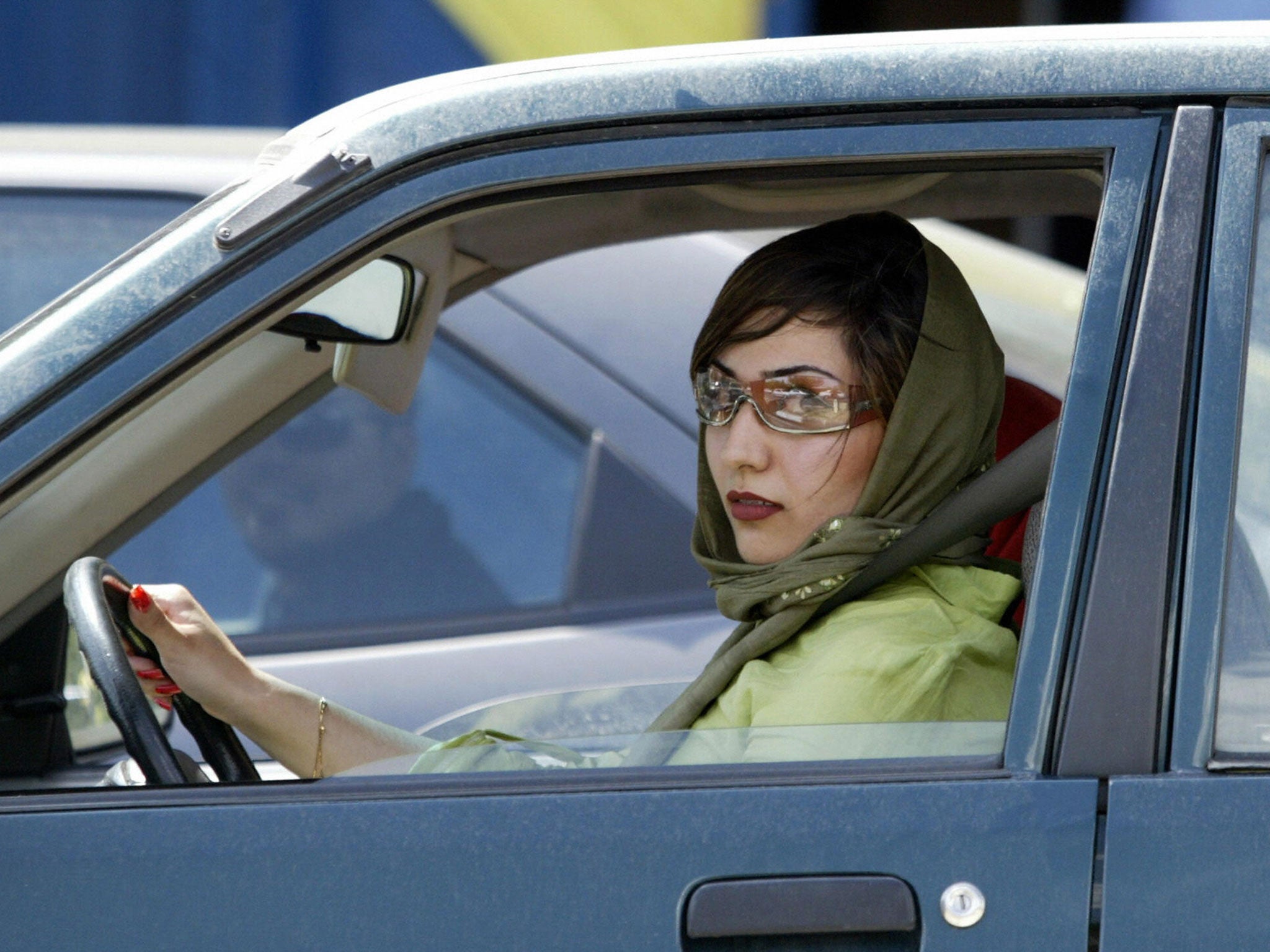Iran just passed an innocuous law that's actually a big step towards gender equality
The Iranian government is going to extend the concept of 'blood money' to female car accident victims

A piece of seemingly innocuous insurance legislation could be a step towards gender equality in Iran.
The top legislative body of the strictly conservative Shia Islamic state has ratified a bill which will rule that female victims of car accidents should receive the same compensation as male victims.
The Guardian Council, a 12-member committee which ensures legislation conforms to Sharia law, gave the green light to the Third Party Insurance Bill.
In Iranian Sharia law, insurance is covered by the concept of ‘blood money’. This is a form of compensation which is paid to the victim of a crime or accident, or to their family in the case of death.
The amount paid varies from case to case depending on the circumstances and extent of injuries caused.
Muslim women are usually only entitled to half of what a Muslim man would get for the same case.
The decision to change this could signal initial groundwork for further gender equality in Iran, according to Dr Ziba Mir-Hosseini, a, Iranian legal anthropologist working at SOAS.
"Once they accept that men and women are equa in terms of blood money when there is a car accident, that means they have accepted the principle, so that can set a precedent,” she said.
The law has already been passed in the Iranian parliament, known as the Maljis.
The legislation aims to ensure the financial well-being of the family members who have a senior female member who is hurt in an accident.
Rahim Zare, spokesman for the Majlis Economic Committee said: “Our justification for equality of blood money for men and women was based on the fact that some women are the heads of their households,” Iranian media outlet Press TV reported.
However, women will remain unequal in other cases, such as murder, assault or property damage, where blood money may be used.
Blood money rates for non-Muslims vary from 1/16th to half of that of a Muslim for an equivalent case.
Atheists and other sects such as Bahais, unrecognised as religious minorities by the Iranian government, are not entitled to blood money payments.
Join our commenting forum
Join thought-provoking conversations, follow other Independent readers and see their replies
Comments